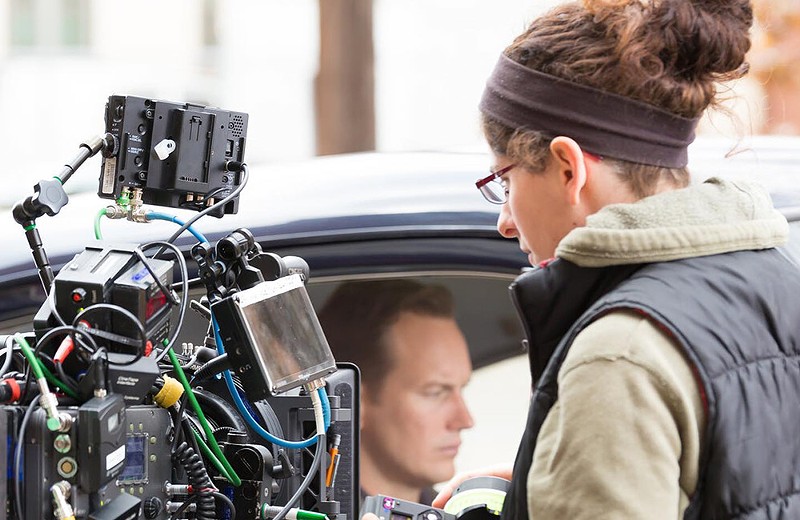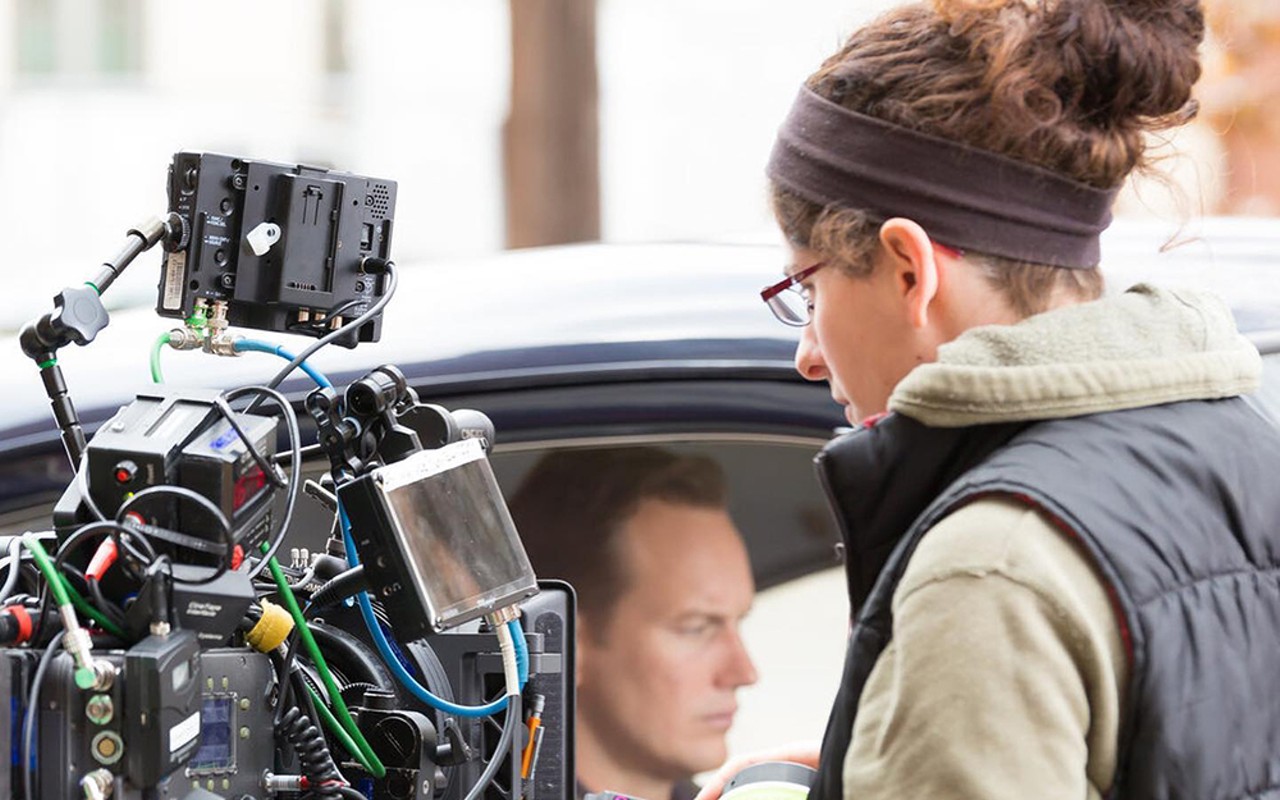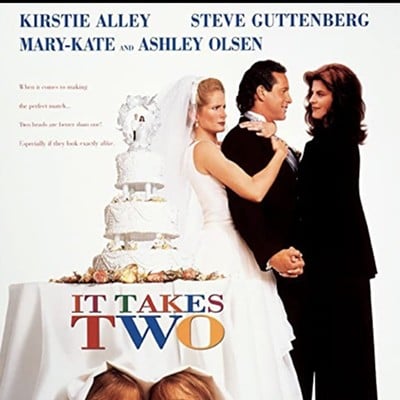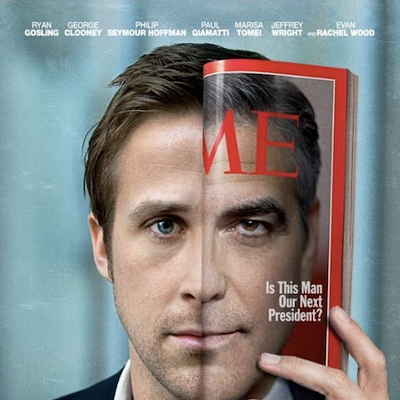According to data from the Ohio Film Office, film productions in Ohio have received more than $164 million in tax credits since 2010. Now, some film-industry leaders are calling for even more investment in the sector.
"We've had relative success for the limited resources that we have," said Bill Garvey, president of the Greater Cleveland Film Commission. "We've built a pretty robust business, but we could be so much more."
Over the past decade, Ohio has served as the location for various film projects. These range from commercials and short films to big-budget blockbusters like The Avengers.
But according to Garvey, states like New Mexico and Louisiana have a tax incentive cap of at least $100 million, and Georgia has no cap at all. Ohio, on the other hand, has a cap of $40 million.
This means that, compared to other states, Ohio is not spending as much money on getting movie studios to film in the state.
"When you're talking $4 billion directly spent from production filming in Georgia, we want that," Garvey said.
Garvey has only been with the Cleveland Film Commission for six months, but before then, he already had plenty of experience working on movie sets. "In the last 13 years, I have worked exclusively in Ohio on movies, so I know how great we can be," he said. Now he's overseeing new projects in Cleveland, like a LeBron James biopic.
The state should invest more in film production, Garvey argued, because of the way it positively affects local businesses.
"The amount of work that it produces and the amount of revenue it produces to local businesses is unreal," said casting director Angela Boehm.
For almost a decade, Boehm has helped cast productions in Cleveland, from big-budget Marvel movies to short films and commercials. Along the way, she's seen how much businesses can benefit from film productions.
"(The producers and directors) take us to a local restaurant, or they get us (Cleveland Guardians) tickets, or they rent out the Rock Hall for a wrap party," she said. "Sometimes they get their clothes in from L.A. in costume trucks, but a lot of times they're shopping locally."
Cincinnati, Columbus and other parts of the state also see local film and TV productions.
John Daugherty, executive director of the Greater Columbus Film Commission, said that while Cleveland has the upper hand over Columbus when it comes to attracting movie studios, the whole state is learning from its success.
"The Cleveland Film Commission's been around a lot longer than we have, so they have a bigger crew base," he said. "The bigger the crew base, the more productions are going to go your way."
Cleveland's geography can also be more attractive to filmmakers. "It's easy for Cleveland to double for New York City sometimes, with some of their old bridges and old areas and things like that," Daugherty said.
Film commissions across the state try to work for the benefit of Ohio as a whole, though. "Bill (Garvey) and I have always talked about, the better we all do and the more we can work together, it's better for the whole state," Daugherty said.
In recent months, Ohio's Legislature has pursued anti-LGBTQ and anti-abortion laws. A similar situation happened in Georgia when that state put new restrictions on mail-in voting and vote counting in March 2021. In response, many filmmakers and actors called for boycotting film productions in the state. Daugherty is worried that the same could happen in Ohio.
"Some of these things could hurt business in the long run," he said, "not only in the film industry, but all business."
Despite these setbacks, Garvey and Daugherty still remain optimistic for the future of Ohio's film industry. Right now, they're working on getting House Bill 599 passed, which would expand Ohio's film tax program. The legislation would create new tax credits for constructing new film sets and hiring crew members and students. The state would be allowed to issue more of these tax credits every year, topping out at $20 million in 2028.
"I think if we were able to up that incentive, it would mean a world of difference for us in Cleveland," Boehm said. "Not just for those in the film industry, but for those who support the film industry."
If HB 599 passes, it could further demonstrate the potential of Ohio as a center of filmmaking. "There's a lot to like here, and a lot that Ohio can leverage to be successful in this business," Garvey said.
This story was originally published by the Ohio Public News Service and republished here with permission.
Stay connected with CityBeat. Subscribe to our newsletters, and follow us on Facebook, Instagram, Twitter, Google News, Apple News and Reddit.
Send CityBeat a news or story tip or submit a calendar event.














